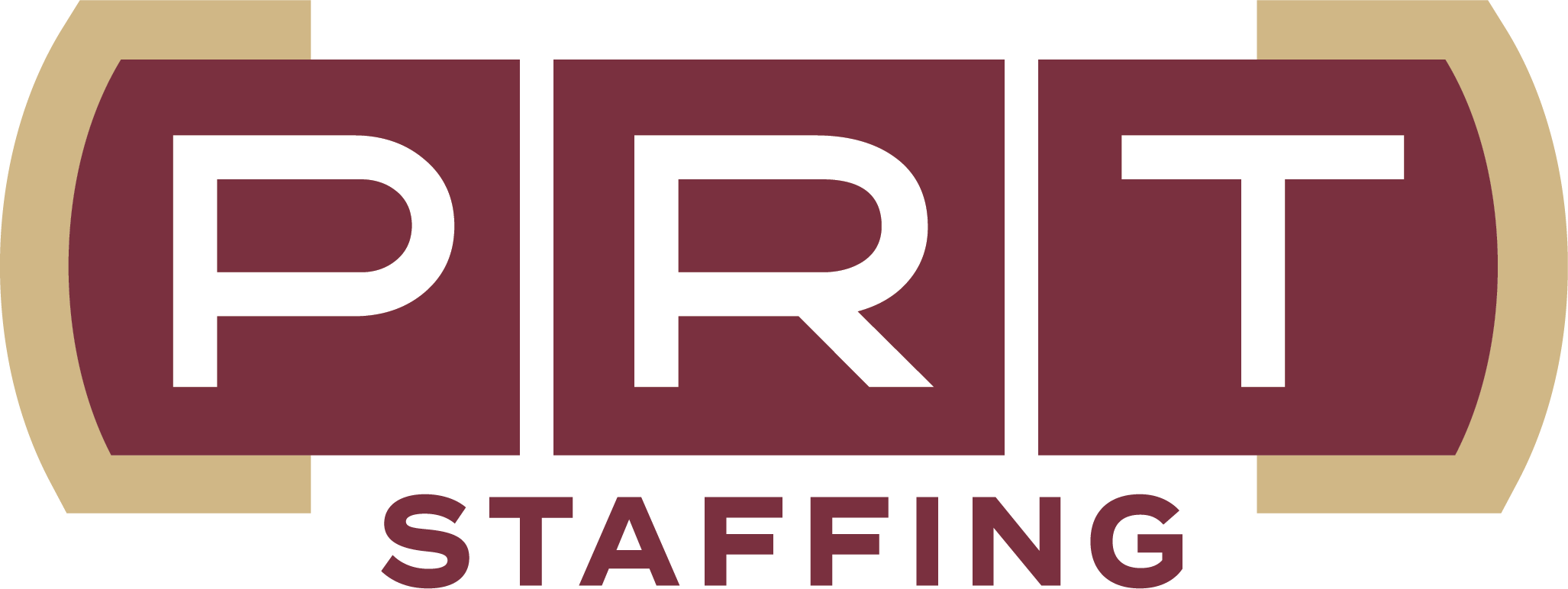You Landed the Dream Interview: Now Ask the Right Questions!
All too often job applicants put so much time and effort into landing their dream interview that they forget to prepare for it properly by arming themselves with the right questions to ask.
Heading into your interview with an arsenal of well-thought-out questions is not only key for getting the job offer but can help you decide if you want to work for the company that is hiring.
“You probably already know that an interview isn’t just a chance for the hiring manager to grill you with interview questions – it’s your opportunity to sniff out whether a job is the right fit for you,” says The Muse.
Having questions prepared to ask, both during and at the end of the interview, can certainly lessen anxiety and make the occasion feel less like a one-way street.
“While some interviews may feel more like interrogations, they shouldn’t,” says Glassdoor.
Interview 101: It All Starts with Your Resume
The fact that you got to the interview stage usually means that your resume was crafted well-enough to peak the hiring manager’s interest.
peak the hiring manager’s interest.
In order to keep landing job interviews, remember these five resume tips from job search coach, Lynda Spiegel, who says that “playing safe isn’t safe; in an evolving job market, it’s critical to stand out from other job candidates”:
- Marketing Tool vs. History of Your Employment: Spiegel says to think of your resume as your marketing tool and not just a history of your employment. Market yourself as a product fulfilling the employers' needs. Begin with a summary of qualifications, not with an objective. Your short summary should demonstrate your value proposition – the skills you can bring to the job opening.
- Focus on Relevance: You do not have to list every job you have ever had on your resume – do not go back any more than 15 years and for some industries going back more than 10 years is not relevant because of rapid changes. If older events are relevant, work them into your summary with specific years.
- Omit Distracting Details: Keep your resume focused on your brand and do not include employment and details that detract from your career trajectory.
- Put Your Educational Credentials Last: Do not lead with your educational credentials or even put them mid-resume. If you are a current graduate, focus on what you have accomplished in school projects. A list of courses is not helpful or even your GPA which does not tell an employer who you really are and what you can bring to their company.
- Rethink Traditional Elements: The days of leading with your physical address are gone. Many jobs are remote and job interviewers are going to email, text or contact you on social media vs. sending you something snail mail. Other items such as the city and state of previous employers are not helpful and some titles after your name, like CPAS or RN, are not needed.
Interview Day: The Right Questions to Ask
The interview day is at hand, and you are ready to meet the hiring manager – in person or in a Zoom call!
Prepare by having some good questions, and follow-up questions, ready to go.
Glassdoor recommends these 8 questions to ask an interviewer:
- What do the day-to-day responsibilities of the role or job look like?
- What are your company’s values? And what characteristics do you look for in employees to represent those values?
- What’s your favorite part about working at the company?
- What does success look like in this position or role, and how do you measure this success?
- Are there opportunities for professional development? If so, what do those look like?
- Who will I be working most closely with?
- What do you see as the most challenging aspect of this job or role?
- Is there anything about my background or resume that makes you question whether I am a good fit for this role?
Break Interview Questions Down Into Categories
One technique for being prepared with questions for your interview is to break down possible questions into different categories.
The Muse in its 51 Great Questions to Ask in an Interview breaks them down into:
- Question to ask about the actual job or role you are interviewing for
- Questions to ask about training and professional development offered by the company
- Questions to ask about your expected performance in the role or job
- Questions to ask about the interviewer
- Questions to ask about the company
- Questions to ask about the team you will work with
- Questions to ask about the company’s culture
- Questions to ask about next steps
“What are the next steps in the interview process?” is an important final question and often forgotten.
Contact PRT Staffing today for flexible short and long-term employment options.





